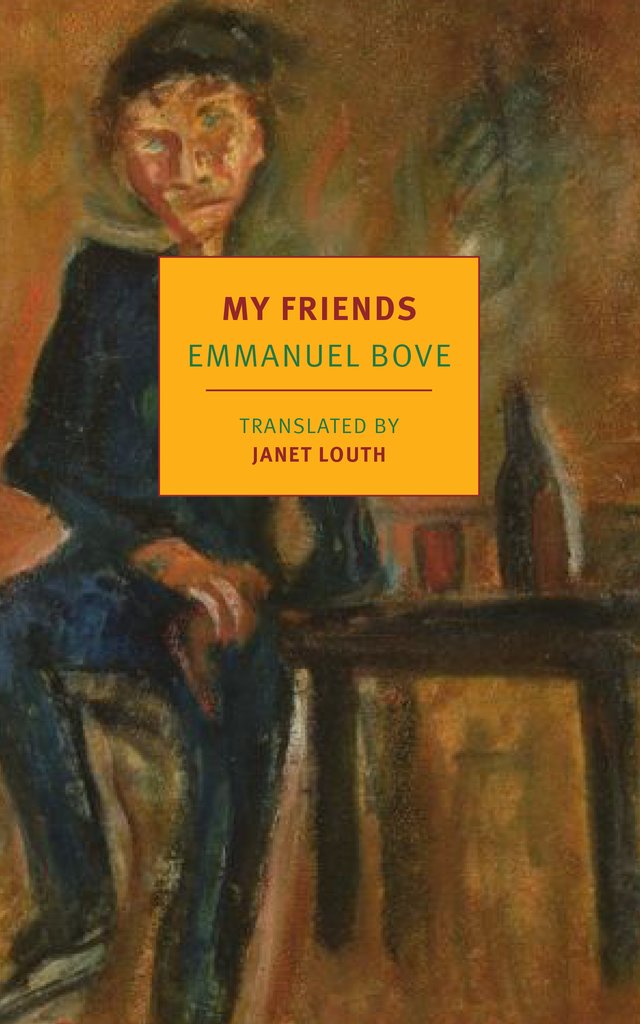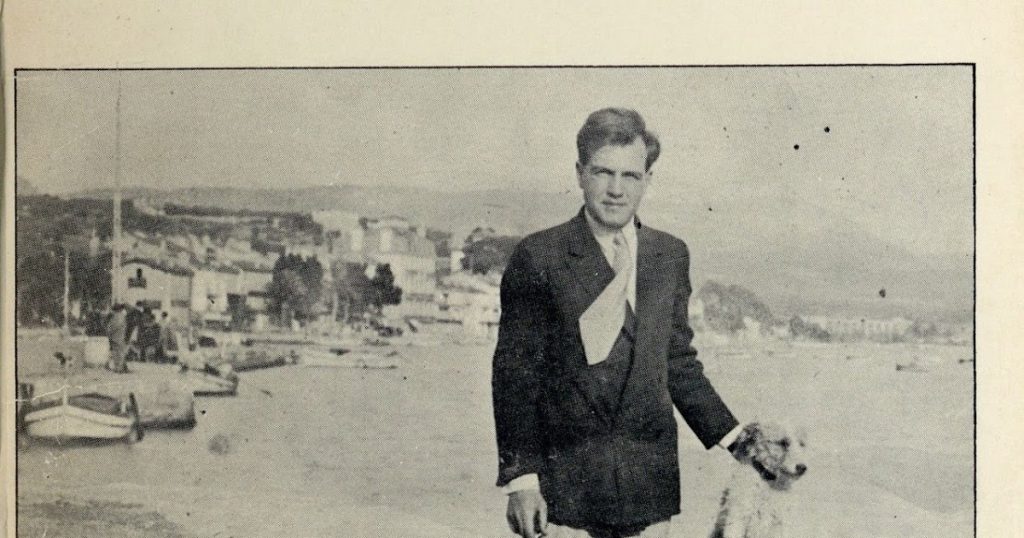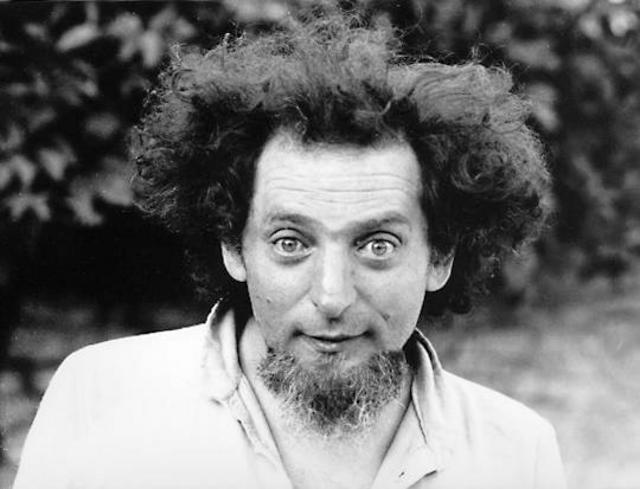After Emmanuel Bove published his first novel, My Friends, in 1924, he was compared to Dostoyevsky and Proust. Of the novel–a new edition of which was published this spring by NYRB Classics–the French critic Jean Botrot wrote, “All the pain of our life, this pain that we do not always recognize or that we try to ignore, but which always ends by triumphing over us is contained in this magnificent book.” In his lifetime, Bove’s writing earned the praise of Colette, Rainer Maria Rilke, Samuel Beckett, and Andre Gidé. Yet by the time he died of malaria in 1945, at the age of 47, Emmanuel Bove had receded from the limelight, and his death was marked by only a few piddling obituaries.
The life of Victor Batón, the narrator of Bove’s first novel, is, likewise, steeped in anonymity. All Victor wants is a friend, and his pursuit of one is alternately funny, sad, and a little appalling. He squanders his army pension on loans and drinks, loiters on a bridge parapet over The Seine in hope of arousing a stranger’s pity—on this occasion, a more serious depressive promptly approaches and all but frog-walks Victor into the icy water—pursues his boss’s daughter, and mulls around train stations and public squares, hoping to run into someone with whom he can share his life story. It’s an odd blend of pride, hope, vanity, and innocence that drives him on. “I should be so considerate of anyone who showed me friendship,” he says early in the novel. “All their wishes should be mine. I should follow them everywhere, like a dog.” Then he adds, with less than dog-like humility: “I am endlessly kind. But the people I have known have never appreciated this fact.”
For much of the novel, Victor seems to hover on the edge of reliability. He has insights into his own strange habits of mind—“I am too sensitive and that is all there is to it,” he says at one point, and later, “I sometimes wonder if I am not mad”—but this acute self-consciousness never quite feels dependable. He is just as apt to assume his neighbors are laughing at him, or that women are admiring him in the street, as he is to offer up some painful gem of self-observation, such as “I should never be brave enough to visit happy people,” or “One always hopes to make a good impression on people one does not know.” Victor knows when he asks a stranger for a light on the street that he is doing so merely out of a lust for human contact. He knows that, on some level, he covets his “bitter sorrow” and even resents when strangers intrude upon it, because this makes him “just like everyone else” and robs him of his “right to complain.” Yet, he accepts and perhaps even embraces his own solitary quirks: he has grown used to them, as a drunk grows used to the indignities of his drinking.
Despite its bleak poverty and friendlessness, My Friends is, as the piquant irony of its title would suggest, very funny in some ways. The book’s humor derives partly from the ambiguity of Victor’s voice and from Victor’s pathological touchiness. Of course, the awkward situations that he is constantly getting himself into don’t hurt either—shamelessly orchestrated encounters with potential friends, inner monologues about how ridiculous it is to feel embarrassed when turning around in the street, campaigns to charm the wealthy and connected, bungled pursuits of love interests: in some ways, it’s the stuff of sitcoms. There’s physical comedy; the painful little indignities of existence are exaggerated to humorous effect. But My Friends is, at its core, a sad and humanistic novel. It takes someone whose problems might seem risible, and seeks to make this very risibility moving. It wants us to cry for Victor through our laughter; or wince in sympathy at least.
Yet, as the novel progresses, one starts to wonder to what extent Victor’s friendlessness is self-imposed, and his lonely independence comes to seem as precious to him as any flesh-and-blood companion ever could. Though Victor likes to be seen by people, including himself—he particularly likes seeing his profile reflected in the second of two mirrors—he does not seem to really enjoy the company of others. Rather, he chafes under the obligations of social interaction, and gets annoyed by the inability of other people to appreciate his brave gestures of friendship. While he often describes how loyal he would be as a friend, and confesses a willingness to “make do with anyone at all,” he ultimately sabotages all his attempts at friendship, haunted by the suspicion that his lofty feelings are not reciprocated. Of course, it doesn’t help his cause that he is poor, awkward, and both emotionally and physically scarred by The First World War. Though Victor’s status as a war veteran is rarely mentioned in My Friends, it provides a moving, unspoken context for his anxiety and isolation. “Crowds in the street make me nervous,” he says in the second chapter. “This is because I am afraid of finding myself in the presence of a corpse.”
As well as being, in part, a novel about the psychological toll of war, My Friends is also a meditation on class—a subject on which Victor’s solitude and poverty have made him astute. He says of his benefactor’s daughter: “If she had offered me money I knew very well that I should refuse indignantly. .. Nevertheless I must admit that if she had been poor my love would have vanished. I do not understand that.” And after mulling over a comment by his benefactor that has offended him, he reflects, “Rich people are not like us. I suppose they do not pay so much attention to details”—it’s a generalization Victor’s own narration amply supports. My Friends is packed with concrete descriptions, as if Victor hopes that objects will provide him with the solace he has been denied by human society. There’s a deep sadness to the intensity and care of his attention. Reading My Friends, one feels viscerally that Victor’s damp little apartment, his broken stove pipe (“tied up with a rag, like knee”), his clothes, and his crooked window blinds are the only friends he has in the world.

Emmanuel Bove’s My Friends, translated from the French by Janet Louth, is available from New York Review Books.




